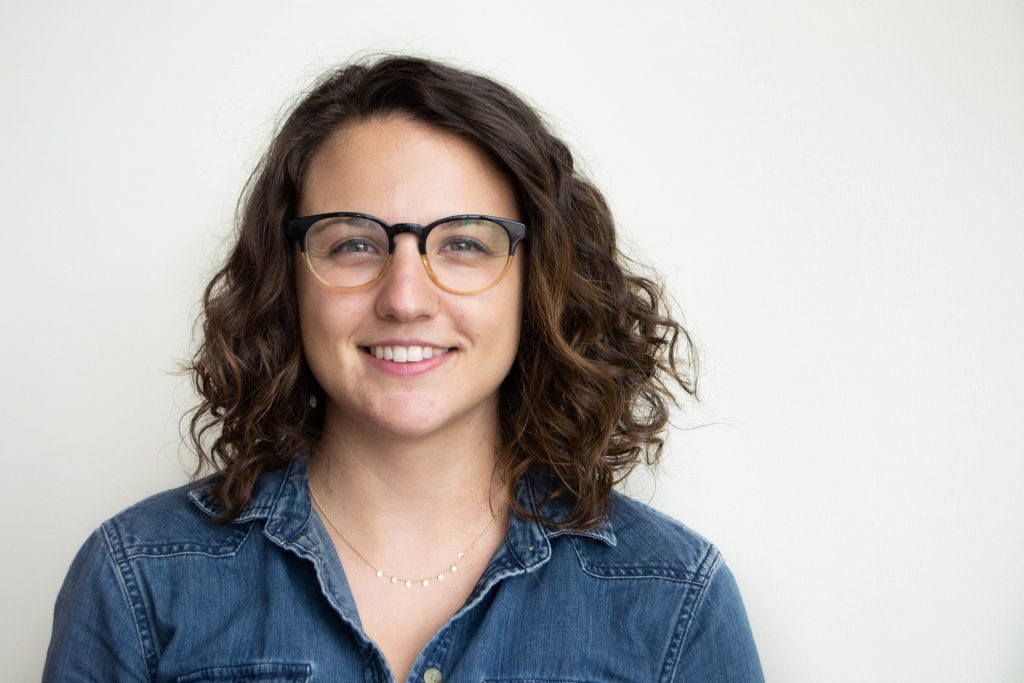
Tayler Loiselle began her undergraduate career in 2012 as a student in the Institute of Child Development’s child psychology program, now known as the developmental psychology program. She recalls, “At the time, I wanted to become a school counselor.”
But as she delved deeper into CEHD’s offerings, other areas beckoned. While pursuing her major in child psychology, Loiselle began working in Professor Albert Yonas’ lab in the Institute of Child Development (ICD) where she studied vision and perception development in humans. She enjoyed conducting research and sought out additional opportunities to apply research to help students in the classroom. It was then she met Keisha Varma, associate vice provost for Equity and Diversity and associate professor in the Department of Educational Psychology (Ed Psych), and began working on a second research project studying the relationship between scientific reasoning ability, executive function, and motivation in middle school students.
Today, Loiselle’s career goals look a bit different. She’s currently a PhD student in Ed Psych studying with Varma and plans to continue working in community-engaged research—with a focus on education—after graduation. As a graduate student, Loiselle has had the opportunity to work with Varma’s ESPRIT Project, a National Science Foundation-funded project dedicated to fostering more equitable sciences practice in middle school classrooms by including parents in students’ learning. Her latest research is with the Institute on Community Integration’s (ICI) TIES Center.
The TIES Center is a National Technical Assistance Center on Inclusive Practices and Policies based out of ICI’s National Center on Educational Outcomes. Similar to Project ESPRIT, the TIES Center works with families, communities, and educational leaders. Loiselle is working with ICI researchers Sheryl Lazarus and Terri Vandercook on a project funded by the U.S. Department of Education’s Office of Special Education to increase time, instructional effectiveness, engagement, and state support for inclusive practices for students with significant cognitive disabilities.
Through her research experiences in CEHD, Loiselle has learned that researchers working with schools must strive to build authentic connections and trust between students, teachers, parents, and administrators in order to make meaningful and sustainable changes. Much like the work of school counselors, which is what initially brought her to CEHD.
“It’s an invaluable research philosophy I will carry into my future research projects and career,” she says.
This story was originally written for CEHD Connect Magazine.



